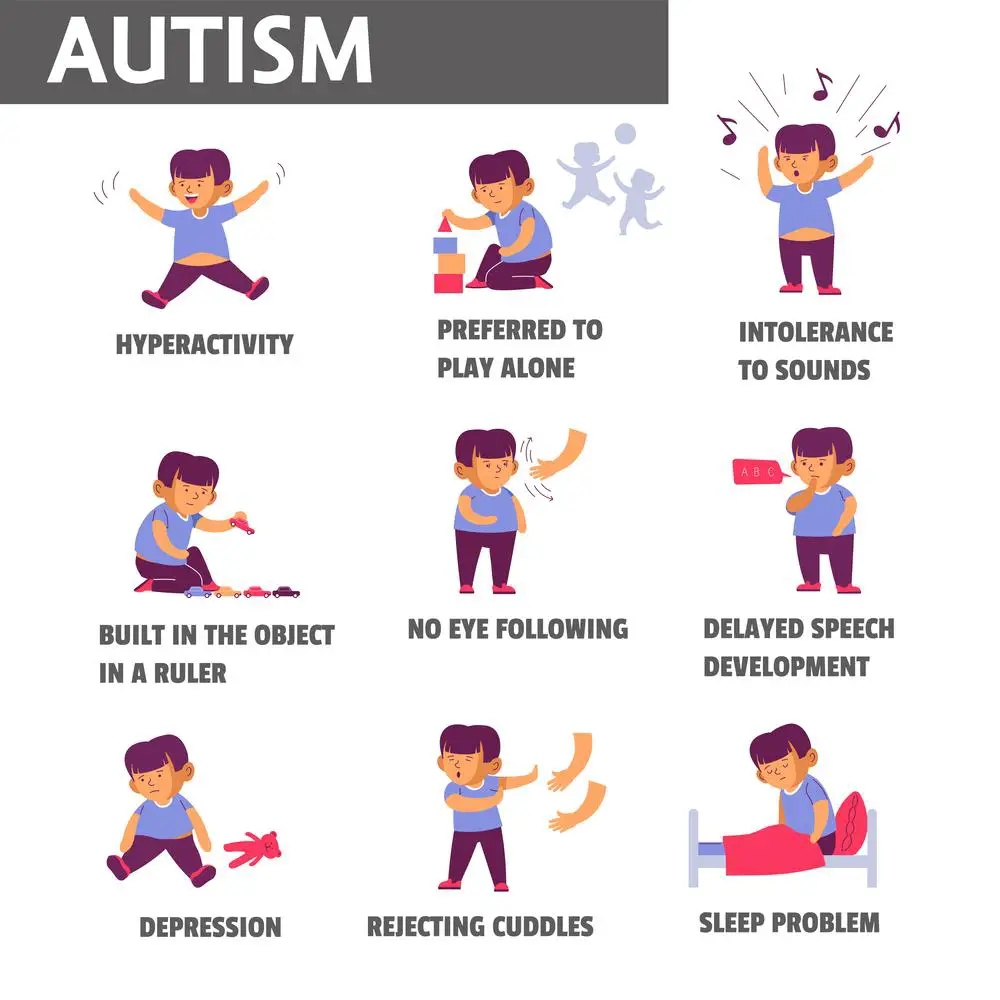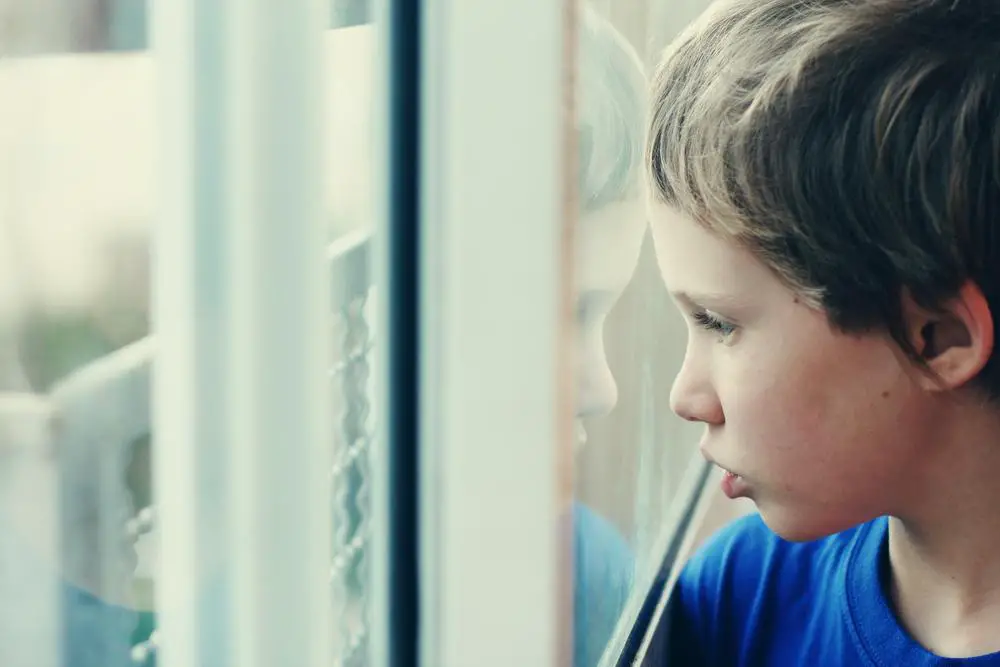As a BetterHelp affiliate, we receive compensation from BetterHelp if you purchase products or services through the links provided
Autism spectrum disorder (ASD) is a neurodevelopmental disorder that affects communication, social skills, and behavior. As children with ASD grow into young adults, they face unique challenges in transitioning to independent living. The journey towards independence can be daunting for anyone, but it can be incredibly challenging for individuals with autism. They may struggle with self-regulation, social interactions, and daily living skills essential for independent living.
However, with proper support and guidance, young adults with autism can successfully transition to independent living and lead fulfilling lives. In this guide, we will explore the various aspects of transitioning to independent living for young adults with autism and provide tips and resources to help make the transition smoother. So, let’s dive in!
Understanding Independent Living for Individuals with Autism

Before we delve into the details of transitioning to independent living, it is essential to understand what independent living means for individuals with autism. Generally, independent living is where an individual can manage their daily activities without assistance and has the necessary skills and support to live independently.
For young adults with autism, independent living encompasses not just the ability to live on their own but also the ability to make decisions, problem-solve, communicate effectively, and manage their emotions. It also involves having a sense of self-awareness and navigating social situations successfully.
Challenges Faced by Young Adults with Autism in Transitioning to Independent Living
Transitioning to independent living can be a daunting task for young adults with autism due to the unique challenges they face. Some of these challenges include:
- Difficulties with executive functioning: Executive functioning refers to mental skills that help individuals plan, organize, and manage time effectively. Young adults with autism may struggle with executive functioning, making it challenging to manage daily tasks and routines necessary for independent living.
- Communication and social skills deficits: Social communication difficulties are a hallmark of autism. Individuals with autism may struggle to understand nonverbal cues, maintain eye contact, and engage in reciprocal conversations. These deficits can hinder their ability to establish and maintain relationships crucial for independent living.
- Sensory processing issues: Many individuals with autism also have sensory processing difficulties, which can make it challenging to navigate their environment. For example, sensitivity to noise or touch may interfere with daily activities such as cooking or doing chores.
- Difficulty with self-regulation: Young adults with autism may struggle with regulating their emotions, leading to meltdowns and difficulty coping with stress and change. This can make it challenging to live independently, where unexpected situations and stressors may arise.
- Lack of support systems: Many young adults with autism do not have access to proper support systems that can provide guidance and assistance in their transition to independent living. This lack of support can make the process more daunting.
Tips for Transitioning to Independent Living for Young Adults with Autism
Despite the challenges, young adults with autism can successfully transition to independent living with proper support and guidance. Here are some tips to help make the journey smoother:
- Start early: It is never too early to start preparing for independent living. Parents and caregivers should begin working on essential life skills such as cooking, cleaning, and managing money from a young age.
- Develop social skills: Social skills are crucial for independent living, enabling individuals to build relationships and connect. Parents and caregivers can enroll young adults with autism in social skills training programs to help them develop these skills.
- Create a structured environment: Individuals with autism thrive in structured environments. Parents and caregivers should ensure that the transition to independent living involves creating a structured routine with daily tasks and responsibilities.
- Seek professional support: Transitioning to independent living may require the assistance of professionals such as therapists, social workers, and job coaches. These professionals can provide guidance, support, and resources to help young adults with autism succeed in their transition.
How Programs Can Help With the Transition
There are various programs available that can assist young adults with autism in their transition to independent living. From life skills training programs to supported living services, these programs provide the necessary support and guidance for individuals with autism. Moreover, the transition to independent living can also involve vocational training programs and employment services that help young adults with autism secure jobs and succeed in the workplace. These programs assist individuals in developing necessary skills and provide a support community where they can interact with others facing similar challenges.
Transitioning to independent living may seem overwhelming for young adults with autism, but it is achievable with proper support and guidance. By understanding the challenges and seeking appropriate resources and programs, young adults with autism can successfully transition to independent living and lead fulfilling lives. So, whether you are a parent, caregiver, or individual with autism, remember that with determination and support, anything is possible. Keep pushing forward toward independence!
- 7 Ideas to Help You Relax and Unwind on a Family Vacation - April 27, 2025
- How Having Cybersecurity Protection Helps You Relax - April 25, 2025
- 8 Reasons Why Spending Time Outside Calms You Down - April 25, 2025
This site contains affiliate links to products. We will receive a commission for purchases made through these links.



